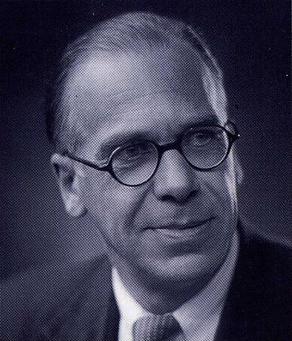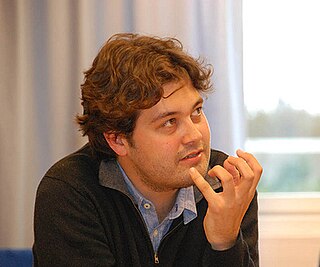Related Research Articles

A string orchestra is an orchestra consisting solely of a string section made up of the bowed strings used in Western Classical music. The instruments of such an orchestra are most often the following: the violin, which is divided into first and second violin players, the viola, the cello, and usually, but not always, the double bass.
Susan Milan is an English professor of flute of the Royal College of Music, classical performer, recording artiste, composer, author and entrepreneur.
Ruth Dorothy Louisa ("Wid") Gipps was an English composer, oboist, pianist, conductor and educator. She composed music in a wide range of genres, including five symphonies, seven concertos and many chamber and choral works. She founded both the London Repertoire Orchestra and the Chanticleer Orchestra and served as conductor and music director for the City of Birmingham Choir. Later in her life she served as chairwoman of the Composers' Guild of Great Britain.

William Alwyn, was an English composer, conductor, and music teacher.

Hilding Constantin Rosenberg was a Swedish composer and conductor. He is commonly regarded as the first Swedish modernist composer, and one of the most influential figures in 20th-century classical music in Sweden.

Grace Mary Williams was a Welsh composer, generally regarded as Wales's most notable female composer, and the first British woman to score a feature film.
Golani was born in Tel Aviv. Her father Yakov Gulnik was from Warsaw, and had lost his family in the Holocaust. Her mother Liza Goldstein was from Polish Galicia. Golani took up the violin at age 7, while her sister Bela learned the cello. Golani was a mathematics prodigy.

William Quincy Porter was an American composer and teacher of classical music.
Howard Gordon Shelley is a British pianist and conductor. He was educated at Highgate School and the Royal College of Music. He was married to fellow pianist Hilary Macnamara till her death in 2021, with whom he performed and recorded in a two-piano partnership, and they have two sons.
Steven Dann is a Canadian violist.
Garrett Byrnes is an American composer.
Arabesque Records is an American record company and label specializing in jazz and classical music.
The Piano Concerto in C is a concertante work by Ralph Vaughan Williams written in 1926 and 1930-31. During the intervening years, the composer completed Job: A Masque for Dancing and began work on his Fourth Symphony. The concerto shares some thematic characteristics with these works, as well as some of their drama and turbulence.
Martin Yates is a British conductor. After attending Kimbolton School, he studied at the Royal College of Music and Trinity College of Music, London, where his teachers included Bernard Keeffe (conducting), Richard Arnell (composition), Ian Lake, Jakob Kaletsky and Alan Rowlands (piano), and Douglas Moore and John Burden.

Lawrence Power is a British violist, born 1977, noted both for solo performances and for chamber music with the Nash Ensemble and Leopold String Trio.
The Concerto Grosso No. 1 was the first of six concerti grossi by Soviet composer Alfred Schnittke. It was written in 1976–1977 at the request of Gidon Kremer and Tatiana Grindenko who were also the violin soloists at its premiere on 21 March 1977 in Leningrad together with Yuri Smirnov on keyboard instruments and the Leningrad Chamber Orchestra under Eri Klas. It is one of the best-known of Schnittke's polystylistic compositions and marked his break-through in the West.
Graham Whettam was an English post-romantic composer.
Philip Dukes is a British classical viola soloist.
Timothy Ridout is a British violist and 1st Prizewinner of the prestigious Lionel Tertis International Viola Competition.
References
- ↑ Concertos & Solo Instruments, The Ralph Vaughan Williams Society, retrieved 1 September 2021
- ↑ Hector Bellman, Suite for viola & small orchestra, AllMusic , retrieved 1 September 2021
- ↑ Frank, Alan (1999). Vaughan Williams (CD booklet). Colchester, Essex: Chandos Records.